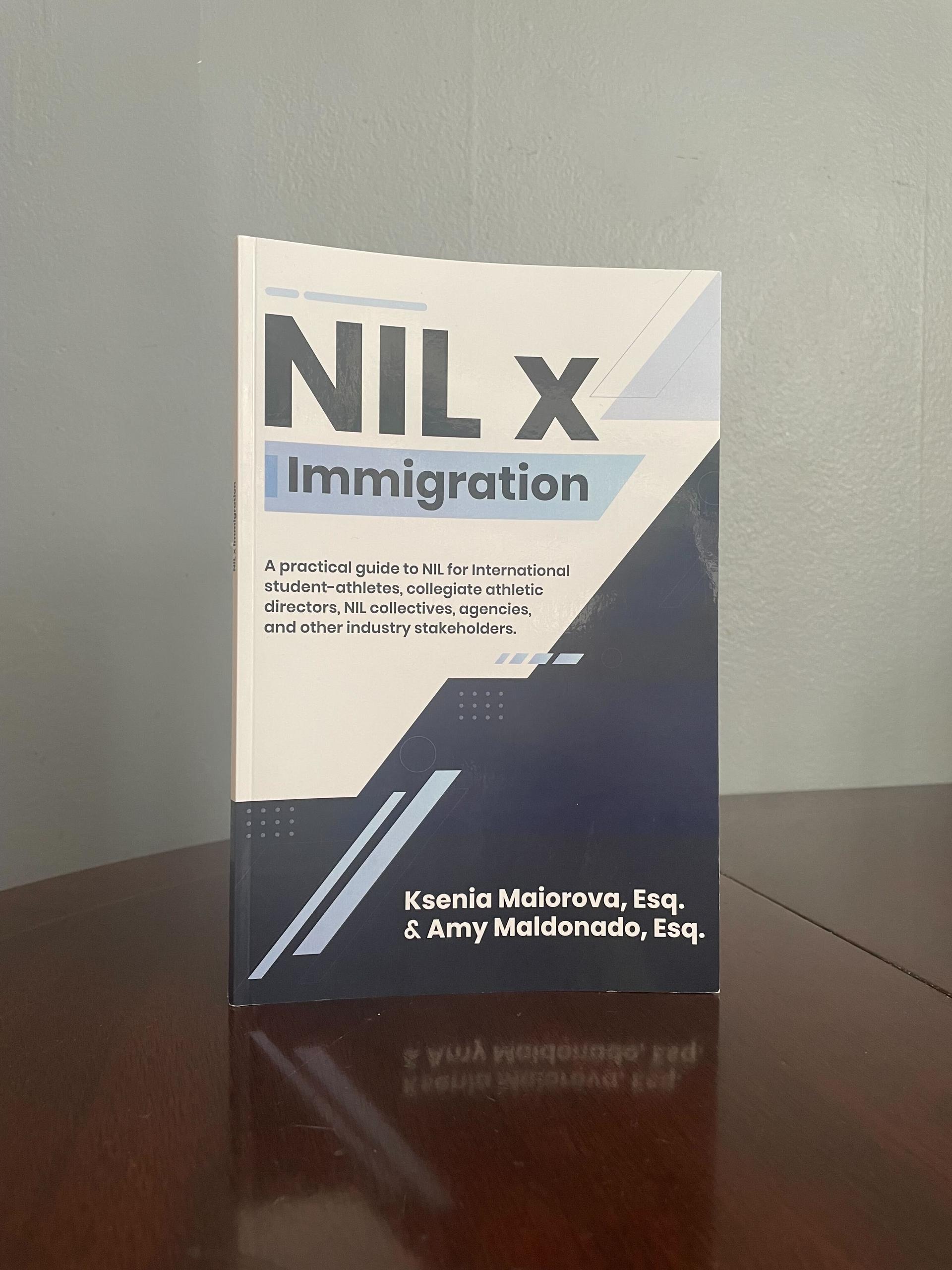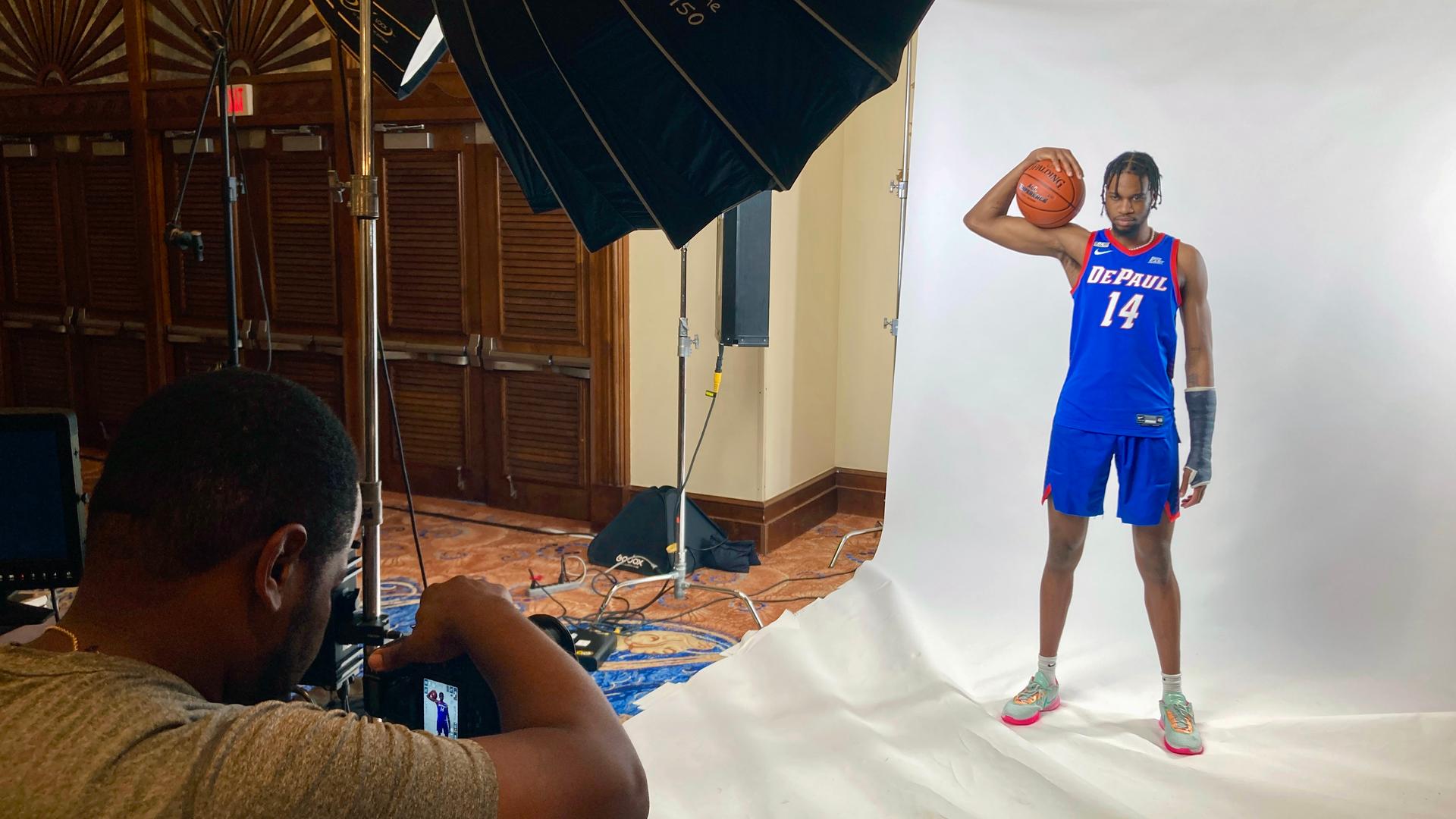International students still restricted from NIL deals
The National Collegiate Athletic Association (NCAA) made history in 2021 when it allowed college athletes to profit from their name, image and likeness — otherwise known as NIL deals. Overnight, students could make money from things like autograph signings, endorsements and personal appearances. The market exploded, bringing in an estimated $1 billion annually, according to NIL company Opendorse. But one subset of college athletes aren’t allowed to cash in: international students.
Most international student athletes come to the US on an F-1 visa, which strictly limits a person’s ability to work and make money while in the US. David Weber, a law professor at Creighton University in Omaha, Nebraska, said NIL deals count as labor.
“Therefore, if they engage in that activity while they’re in the US, they would violate the terms of their student visa, and they would open themselves up for deportation,” Weber said.
This outcome likely wasn’t intentional, he added, because F-1 visas were created long before NIL deals were possible for student athletes. Still, the effects are clear: Tens of thousands of international student athletes have lost out on an estimated $13 million in NIL deals.

Amy Maldonado and Ksenia Maiorova are immigration lawyers in Michigan and Florida. Last year, they teamed up to publish “NIL X Immigration,” a guide to how international student athletes can navigate NIL deals.
One option is helping students engage in NIL deals while they’re off US soil, which Maiorova said is OK from a US Immigration Services perspective.
“They’re not concerned with where the payment is rendered, what currency the payment is rendered in or whether the payment is rendered at all,” Maiorova said. “They’re concerned with, ‘Is the person [physically] working in the US?’”
Another strategy is switching international students from an F-1 to a P-1 visa, an O-1 visa or even a green card. But, different visas have different requirements and could cost athletes thousands of dollars to obtain.
Maldonado said no matter which path someone decides to explore, it’s imperative to be cautious when dealing with visas.
“You can’t just let people make stuff up,” she said. “Because you’re talking about your future ability to access travel to the US — potentially forever — [being] on the line.”
A number of bills across the US have been introduced with hopes of amending the law to allow international student athletes on F-1 visas to engage in NIL deals. But progress has been slow.
The Department of Homeland Security did not reply to The World’s request for comment, nor did the NCAA. But a spokesperson for the association told ESPN it wants “all of its athletes to have NIL opportunities and has made that clear to members of Congress.”
The World is an independent newsroom. We’re not funded by billionaires; instead, we rely on readers and listeners like you. As a listener, you’re a crucial part of our team and our global community. Your support is vital to running our nonprofit newsroom, and we can’t do this work without you. Will you support The World with a gift today? Donations made between now and Dec. 31 will be matched 1:1. Thanks for investing in our work!
